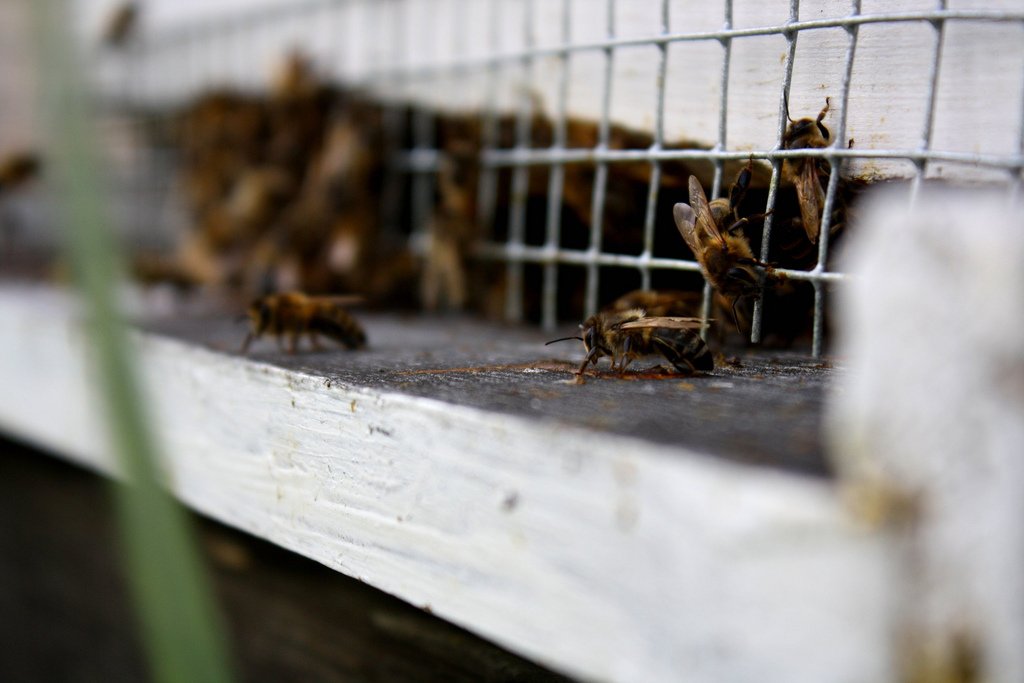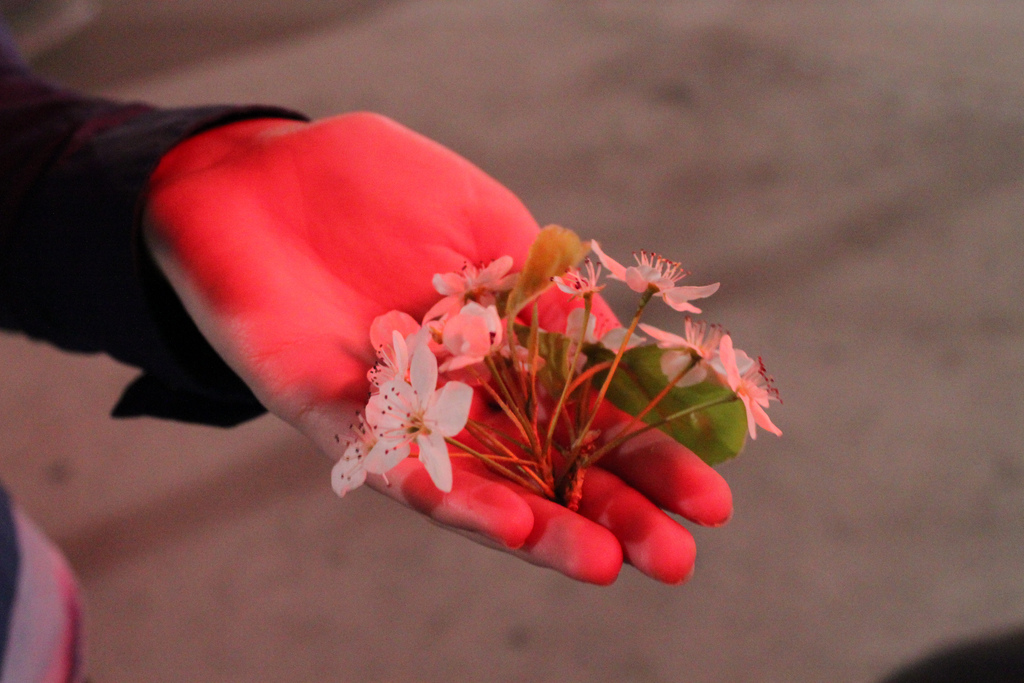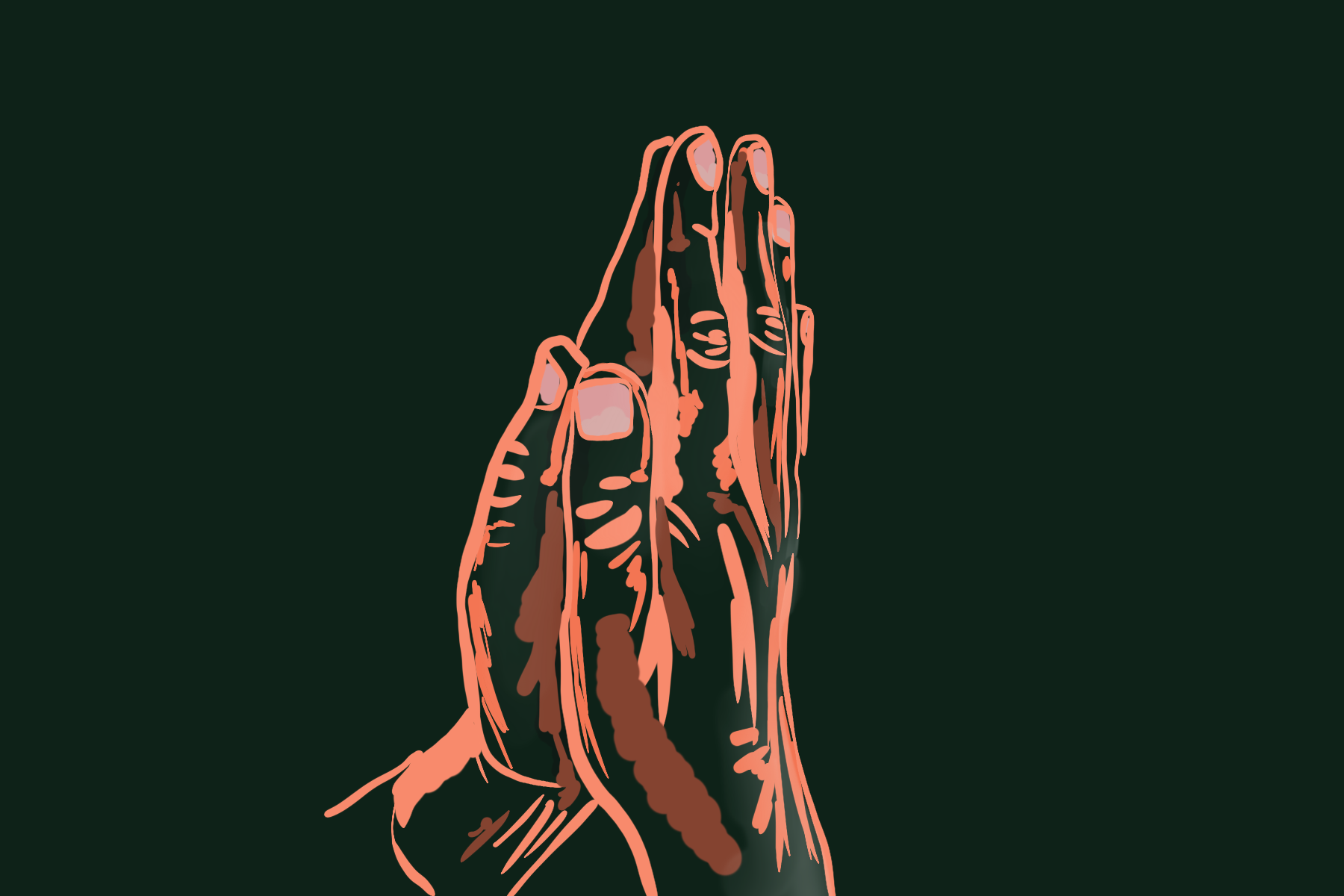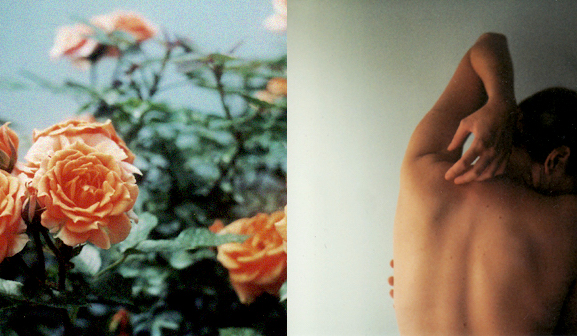
Mariella
There are parts, or rather, there is a part of London in which new-born babies are named after ancient gods and goddesses, and dogs after luxury cars; where homeowners carve out subterranean gullies to make way for their domestic spas; and where the staff at the local pub wince at the sight of the single elderly local defiling the ambience of the premise with his hang-dog expression and moistly sagging lips.
And such was the pub past which Mariella Frostrup had not walked.
“Oh come on, of course it was. That was definitely her walk. Why are you always such a bloody cynic?”
Why are you always such a bloody fantasist?
“I know that’s her walk because she used to work in the building next to Clive when he was working at Squire’s—you remember, that odd little place where he was forever coming home and telling the silliest stories about the Dutch girl with the glass eye. No? Anyway…”
The monthly lunch-date with my twin sister regularly involved an argument of this sort over some minor incident that had occurred in the hour that we set aside for perfunctory chit-chat. Mercifully, the dawn of the smart-phone had weeded out most potential quibbles, yet we still found topics to debate amidst the murky waters of trivia not so easily penetrated by the omniscience of the internet.
“…it was chucking it down with rain and Clive had managed lock the keys in the car again…”
I knew the story of hapless Clive and my sister’s lone sighting of a BBC journalist would, at some stage, have to end and I would be left in peace to enjoy my pomegranate and walnut salad. I knew that we would drink coffee and the bill would be paid and that I would drive home across Putney Bridge with that familiar rising sense of delight that an unpleasant monthly duty had been completed.
But the regular continuity of time’s clockwork seemed to be dragging and the story never ending. We were now already twenty minutes over our allotted hour. More to the point, Mariella had yet to even enter the narrative.
It was clear that Sunday afternoons were primetime for the pub as roasted-meat after roasted-meat poured from the kitchen in a continuous stream. Other families had had the same idea in choosing this particular location for a duty-bound catch-up. I made a mental note not to come here again after witnessing a toddler spitefully vomit up a sprout he had been forced to eat by his mother.
The rain was starting to collect in the pockmarks of the tarmac outside as Mariella finally sauntered into what was fast becoming a Tolkien-esque tome. But the lamentations of bawling children and the general din that had been gathering like a dust cloud was making it hard enough to follow the story’s rambling thread as it was, so I stopped even to pretend I was listening.
My twin had nurtured a delight in the sound of her own voice since her earliest days, upon discovering its capabilities on a June evening in 1959 when she had strayed beyond our mother’s watch, across a daisy-mottled stretch of grass towards a row of beehives, kept by our uncle, a zealous apiculturist. Perhaps she was curious to see where it was that the sun went after it had faded behind the Malvern Downs, or perhaps she was simply in pursuit of a ladybug. But she continued straight on into the midst of the open hives, unaware of the swelling panic amongst the bees who believed themselves to be under attack.
I myself was sat on the edge of the picnic rug, merrily engaged in the premature deadheading of blooming daisies when my sister’s shrill cry was sent resounding around the midlands. It was as though a gunshot had been fired. The moles, slumbering in dank pores of the earth, awoke with alarm. My mother was still for a second, momentarily drowning under waves of fear. And then she ran. Ran to the place where a spread-eagled bundle of podgy, flailing limbs lay writhing and wailing.
That was the day she found her voice and from then on she was the noisy twin. I am not the shy, retiring sort, but when I was with her I became so. When family friends would come to stay and we would be presented before them by my parents like artefacts, it was always my sister to whom the conversation would be naturally drawn until after a while, through sheer pity, my father would interject and dredge up some minor achievement of mine in an attempt to briefly channel the limelight, in which she was palpably bronzing, onto me.
Her proclivity for speech naturally led her to pursue drama. It became her bag. After several years of climbing the greasy pole of the school nativity play, rising from shepherd number three to her eventual big break as Mary in our final year of primary school, she entered big school thinking that she was practically Shirley Temple.
“D’you think I look a bit like Julie Christie when I raise my eyebrows like this?”
“No, you look like dad when he’s trying to be angry.”
She began to live her life as though it had been scripted, as though the make-up artists had sent her out in the morning, and the curtain would fall when she went to bed. She drawled and lisped her way through sentences, adopting the foibles of whichever actress it was whose image was clamouring her thoughts that month.
And it was when she got the part of Ophelia that she became insufferable. I would stand by the doorway of our shared bedroom in the half-darkness listening to her drawling and lisping over the phone to the family friends who had rung to wish her luck. I would sit in the car in silence with my mother outside the school gates waiting to collect her from her rehearsals and when she would finally arrive, breathless and reeking of cheap perfume, the silence would break with a continuous flow of questioning from my enthused mother. And I would watch her blurred image through the frosted window of the bathroom door as she twisted her wet hair into the shape of whipped ice-cream, an elemental hatred whirling in my gut.
The story ended. I shrugged wordlessly. “So that was definitely her.” She raised her eyebrows in triumph. “Nice to know if you’ve got a celeb living nearby, isn’t it? Coffee?”
I smiled at her and nodded in meek agreement. She had visibly aged in the last month. Her hair had lost its sheen and hung with lank exhaustion. Greyish stains had begun to develop around her eye sockets and in the place where there had once puckered two burnished lips rested a crumpled little bow.
But inevitably my gaze returned to the facial feature that has remained unchanged for nearly thirty years, that remains resistant to the intrusions of age. The scar runs almost in parallel to her left eyebrow, which sits about half an inch below. And though it is her skin that bears it and not mine, I think of it as perhaps the only thing that we share now. It’s mine too, I gave it to her. A moment of incendiary rage. Blind rage. But I wasn’t blind, and I saw all that I had done. I saw her bent double with the blood ebbing from her skull and through her frantic fingers; the bath towel lying at her feet, glistening with shards of frosted glass and the cracked pieces of the china doll that I had hurled from the landing. I had never meant to hurt her, but merely vent several years’ worth of envy. And that ugly little china doll which we had rather reluctantly inherited from my grandmother seemed the perfect victim to my rage. But what I hadn’t anticipated was the velocity at which it would fly from my hand, nor the frailty of the glass in the window of the bathroom door, and nor how deeply a hunk of glass can lacerate the flesh.
And I watched her play Ophelia. I went twice—as part of my ongoing penance—and both times heard the same muted gasps from the audience upon seeing the leading lady adorned in a tiara of stitches.
We drank our tepid lattes and left. The street was beginning to evaporate beneath the sun. We trudged along the pavement—she towards her house on the next street, and I to my car.
“Gosh, I wonder where she lives.”
I could feel my mounting irritation rise within me. I wanted to stop and yell at the top of my voice in slow and enunciated syllables: “that wasn’t Mariella sodding Frostrup—it was just one of the thousands of other women who happen to look like her from behind and at a distance! Just drop it!”
But I didn’t, and we continued in silence until our routes ceased to run alongside one another. We made the usual valedictory prattle, telling one another to take care and wielding the idle threat that we would speak on the phone before our next meeting. And then she rubbed my arm with condescension, head tilted and eyes smiling, before striding off through the afternoon.
But I am feeling an overwhelming joy now as the soft dusk approaches; Putney Bridge revolves gently beneath the fenders. The radio plays the song that I once heard at a café in Biarritz but could never find after. I imagine the singer is beautiful, with her hair cut short, dark and glossy, hanging over her eyes as she sings. The chorus keeps going around and around. I am waiting for the DJ to fade it out but he doesn’t—J’arrive enfin dehors, je suis la femme resort, j‘arrive enfin dehors, je suis la femme ressort. The words finally begin to die out and I imagine the unknown DJ poised over the volume slider, drawing it down to silence.







